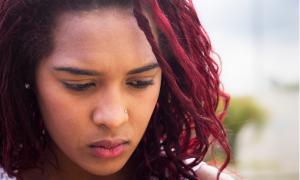article
The Civil Rights Act of 1964 – Title VII: The Freedom to Work
Primary sources--like discriminatory "help wanted" ads and posters--can help students understand the significance of Title VII.
“The battleground for racial justice remains in the South, and the victories for justice must be fought for and by ordinary people in the South together with allies from other parts of the nation. Although the pestilence of racism has historically affected the lives of Black and Brown people, its reach extends to all who counter the ideals of white supremacy. A shared story of us is clear as we collectively reconstruct a democracy that is real for all, not just some.

Last week, the first Black, Asian American woman was elected vice president. We hope these resources will help you contextualize this historic moment for all students.